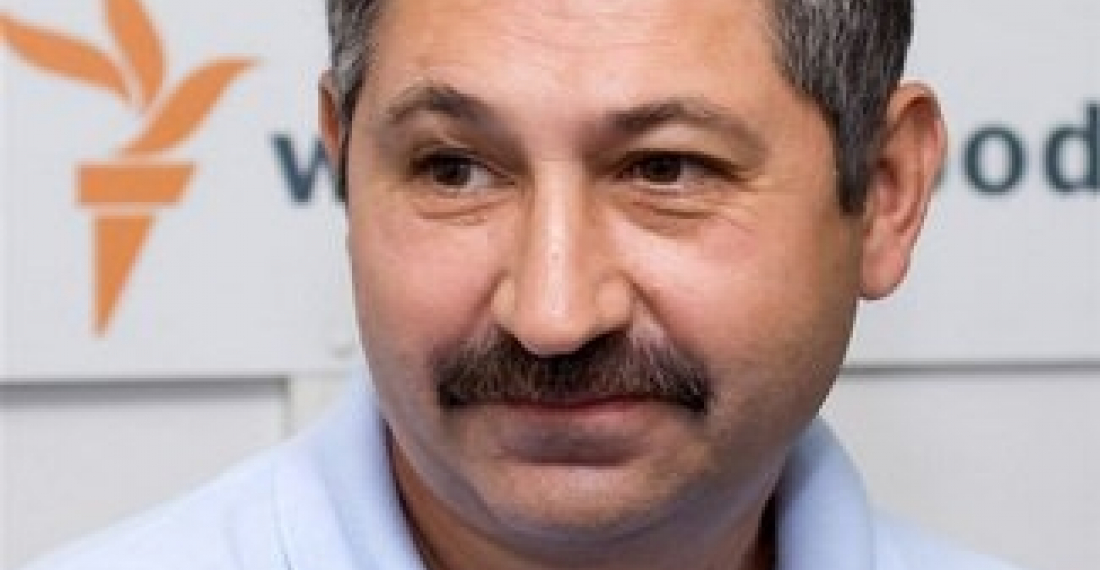БАКУ - 1NEWS.AZ
Главная проблема ОДКБ заключается в том, что это не военный союз, а механическим образом связанные воедино двусторонние отношения между Россией и отдельными государствами.
Как передает 1news.az со ссылкой на «Радио Свобода», об этом заявил военный обозреватель Александр Гольц.
По его словам как военный союз ОДКБ совершенно неэффективен.
«У государств, которые туда входят, разные интересы и разные отношения. Например, у Узбекистана, Таджикистана и Киргизии между собой очень сложные отношения, и им нужен не союз, подобный НАТО, готовый защищать каждую из стран, против которой осуществлено нападение.
Им нужно соглашение типа ОБСЕ, которое давало бы гарантию безопасности каждой из сторон в отношении другой. Сами понимаете, что при всех заявлениях об обеспечении взаимной защиты, трудно представлить белорусских десантников, которые высаживаются где-нибудь в Таджикистане, чтобы обеспечить оборону этой страны»,- отметил он.
Эксперт считает, что в некоторых случаях ОДКБ для России может сыграть чрезвычайно полезную роль.
«Большинство экспертов сходятся в том, что у России будут очень серьезные проблемы безопасности после вывода американских или натовских войск из Афганистана в 2014 году.
Именно поэтому российское руководство продвигает идею коллективных сил оперативного реагирования. Не потому, что России для усиления нужна рота из Таджикистана, а для того, чтобы иметь легальную, юридически чистую основу для вмешательства в конфликт на ранней стадии, что, увы, не исключено.
Ранее такие силы не использовались – здесь есть очень много проблем. Например, Россия, получив просьбу о вмешательстве со стороны правительства Киргизии в прошлом году, эту просьбу проигнорировала под надуманным предлогом.
Причина же крылась в системе формирования российских вооруженных сил. На сегодняшний день в распоряжении президента РФ практически нет боеготовных подразделений, за исключением пяти батальонов ВДВ»,- отметил эксперт.







